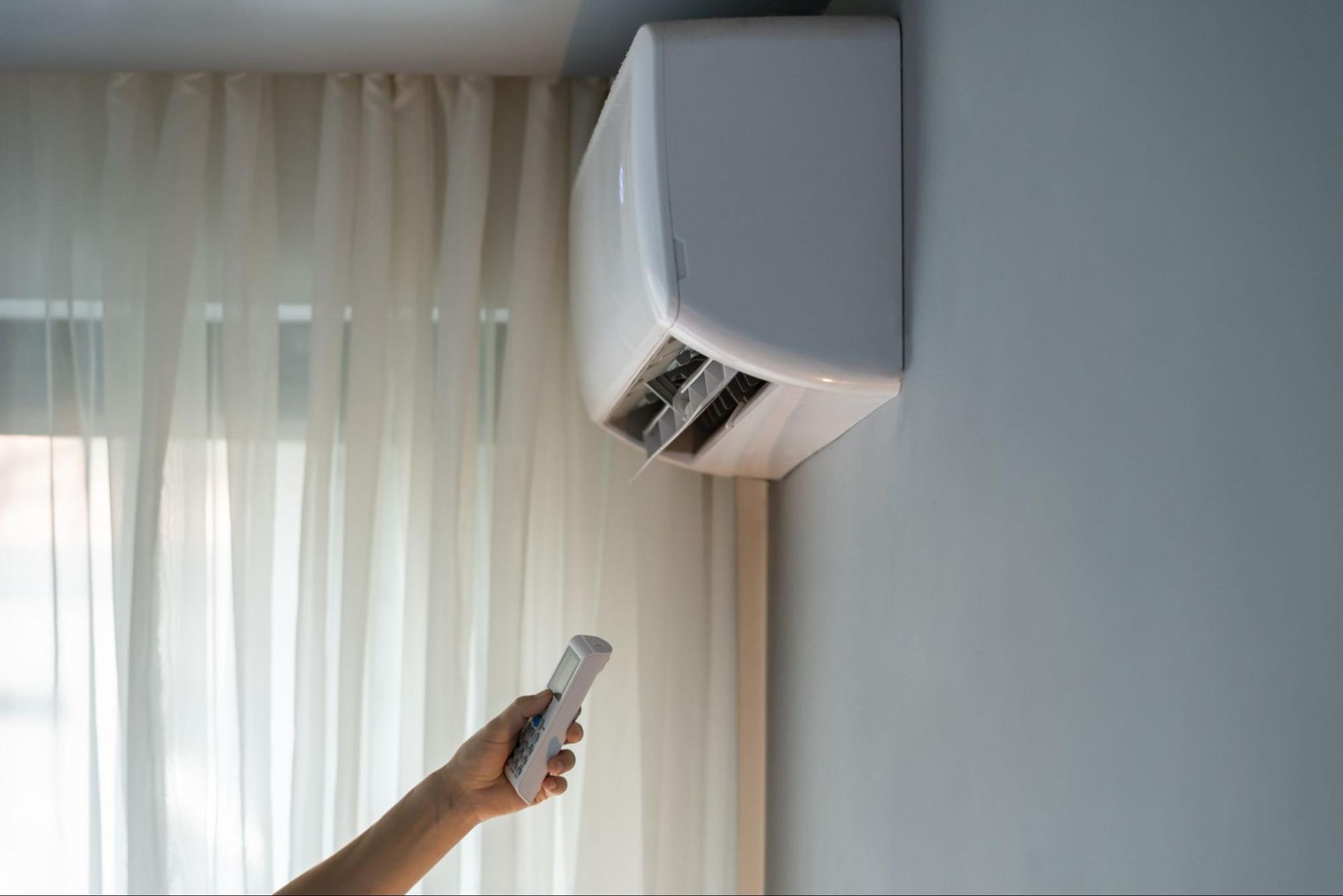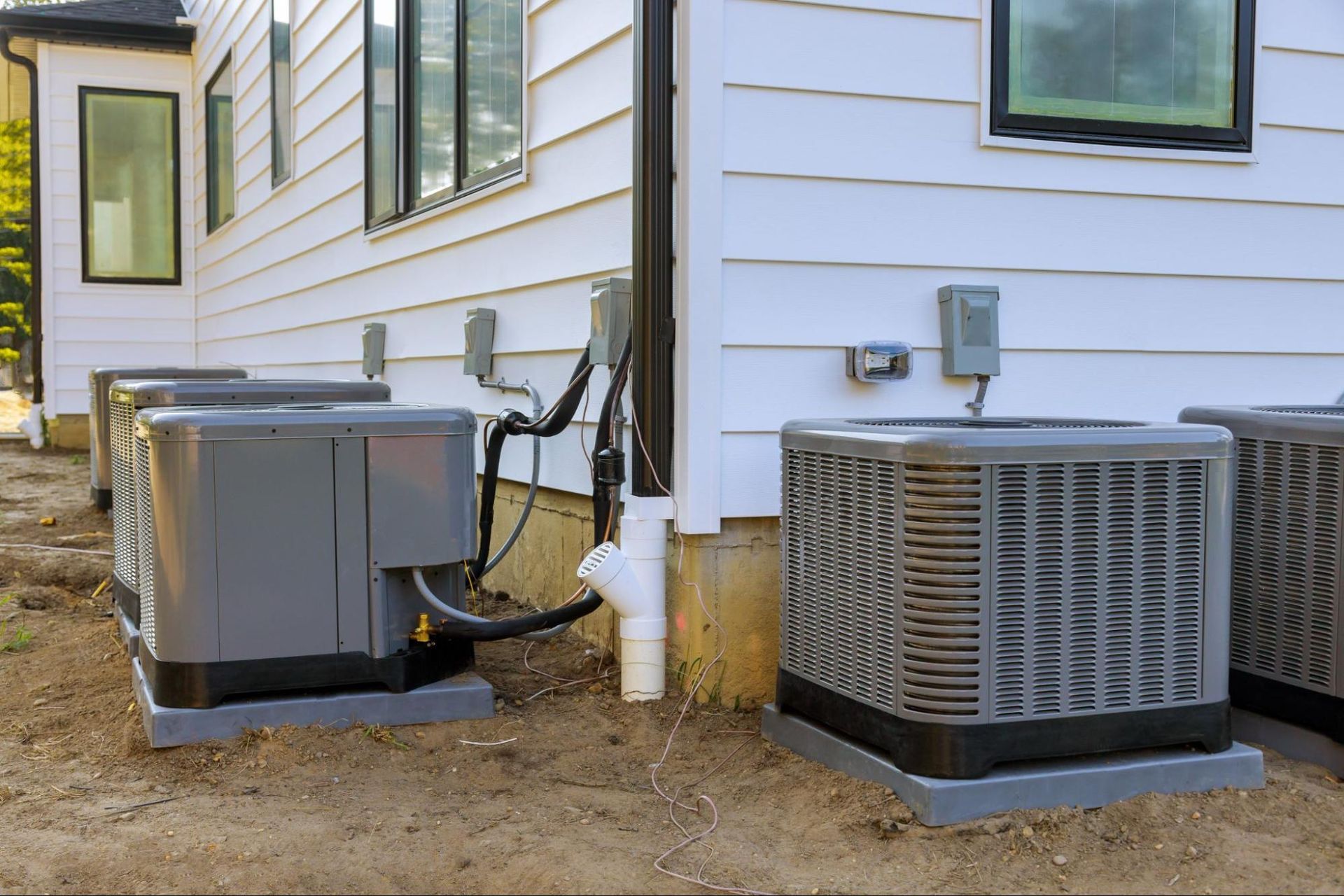Home Inspections North Houston TX: Protect Your Investment
New Title
Professional home inspections in North Houston TX are essential for protecting property investments. Experienced inspectors identify critical issues before they become costly repairs, providing homeowners with peace of mind and negotiating leverage when buying or selling property in the North Houston area.
The Value of Home Inspections in North Houston TX
North Houston's humid subtropical climate creates unique maintenance challenges that require regular inspections. Key benefits include:
- Identifying structural issues from soil movement common in North Houston's expansive clay soils, including foundation cracks, settling, shifting, and potential load-bearing wall damage that could compromise the entire property structure if left unaddressed
- Detecting moisture problems common in Houston's humidity, such as hidden water intrusion in walls, ceilings, and crawl spaces that can lead to toxic mold growth, wood rot, insulation damage, and deterioration of electrical systems specific to North Houston's subtropical climate conditions
- Uncovering hidden termite damage and other wood-destroying organisms that thrive in North Houston's warm, humid environment, often invisible to homeowners until extensive structural damage has occurred, potentially affecting support beams, floor joists, wall studs, and roof trusses
- Evaluating roof conditions after weather events like hurricanes, tropical storms, and intense thunderstorms that frequently impact North Houston properties, identifying wind damage, missing shingles, improper flashing, deteriorated underlayment, and potential leak points before interior water damage occurs
- Assessing HVAC efficiency for Houston's hot summers and variable winters, verifying proper sizing, refrigerant levels, ductwork integrity, zoning effectiveness, and energy efficiency to ensure comfort while preventing excessive utility costs in North Houston's challenging climate

What to Expect During a Home Inspection
A comprehensive inspection examines critical areas to provide a detailed assessment of the property's condition, helping homeowners make informed decisions.
Interior Inspection Components
Inspectors examine:
- Electrical systems for code compliance and safety
- Plumbing for water pressure, drainage, and leaks
- HVAC systems for proper operation
- Appliances, structural elements, windows, doors
- Ventilation and attic conditions
Exterior and Structural Assessment
Exterior evaluations focus on:
- Foundation integrity in North Houston's clay-rich soils
- Roof conditions, including shingles and flashing
- Drainage systems and water flow patterns
- Siding, decks, window seals, and landscaping impacts
Top Home Inspection Companies
Accurate Home and Commercial Services offers specialized expertise with 25 years of local experience, providing:
- Structural evaluations for foundation issues
- Moisture detection with thermal imaging
- Electrical and plumbing system assessments
- Specialized pest inspections
Local companies also offer pre-listing, new construction, warranty, and commercial property inspections with detailed photo documentation.
Common Issues Found in North Houston Inspections
Foundation Problems
North Houston's expansive clay soil undergoes dramatic expansion and contraction cycles with moisture fluctuations, creating severe foundation stress unique to the region. Professional inspectors identify these critical warning signs:
- Diagonal wall cracks - Particularly telling when they extend at 45-degree angles from door and window corners, indicating differential settlement beneath the foundation. In North Houston homes, these often appear wider at the top, suggesting heaving in the center portions of the slab foundation common to the area.
- Uneven floors - Noticeable slopes of 1-2 inches across 15-20 feet, often with associated tile or wood flooring separation. This settlement frequently occurs on the perimeter of North Houston homes where seasonal moisture variation affects soil stability most dramatically, causing measurable elevation differences in floor surfaces.
- Sticking doors - Doors that bind at the top when the foundation rises or at the hinge side when it drops, often accompanied by visible gaps at jambs. In North Houston's humidity, wooden door frames may also swell, exacerbating these alignment issues and creating distinguishable patterns that reveal underlying foundation movement.
- Difficult-to-operate windows - Window frames that warp out of square, preventing smooth operation and proper locking. Double-hung windows may seem level but bind when opened, indicating subtle foundation shifts. In newer North Houston homes, even vinyl windows can display telltale operation issues related to foundation problems.
- Wall-ceiling separation - Visible gaps where interior walls meet ceilings, often accompanied by separation of crown molding or popped drywall nails. These separations frequently progress seasonally in North Houston homes, expanding during dry periods and potentially closing during prolonged rainy seasons, tracking the underlying soil movement.
- Exterior brick cracks - Step-like patterns in brick veneer, especially above doors and windows, with potential separation from window frames. North Houston's clay soil affects brick homes differently than pier-and-beam structures, producing distinctive cracking patterns that experienced local inspectors recognize immediately.
- Plumbing disruptions - Slab leaks or drainage issues where pipes enter the foundation, potentially causing localized settlement or structural damage. The high water table in parts of North Houston makes these foundation-related plumbing issues particularly problematic and common in older neighborhoods.
Roof and Water Damage Concerns
North Houston experiences extreme weather events including hurricanes, tropical storms, and intense thunderstorms with high winds and heavy rainfall, creating persistent moisture challenges that professional inspectors thoroughly evaluate:
- Attic spaces for water damage - Comprehensive inspection of rafters, roof decking, and insulation for water stains, active leaks, or fungal growth. North Houston's intense summer heat creates unique condensation issues in attics, requiring inspectors to differentiate between leak-related damage and humidity-related condensation patterns on structural elements.
- Ceiling surfaces for discoloration - Detailed examination for yellowish-brown water spots, bubbling paint, or sagging drywall that indicates active or previous water intrusion. In North Houston homes, ceiling damage often appears in distinctive patterns corresponding to roof features like valleys or flashing transitions that are vulnerable during the region's intense downpours.
- Flashing around openings - Meticulous assessment of metal flashing at roof penetrations, chimneys, skylights, and dormers for improper installation, corrosion, or separation. North Houston's combination of humidity and occasional freezing temperatures creates expansion/contraction cycles that stress flashing components more severely than in other regions.
- Gutter systems - Evaluation of gutters for proper slope (1/4 inch per 10 feet), secure attachment, rust-through, and connection to functional downspouts directed away from the foundation. In North Houston's intense rainfall events, undersized or clogged gutters can quickly overflow, directing thousands of gallons of water toward foundations during typical thunderstorms.
- Roof decking condition - Assessment of plywood or OSB decking for delamination, rot, or movement when walked upon, indicating structural compromise. North Houston's humidity accelerates wood deterioration, particularly in older homes with original decking or those with multiple roofing layers that trap moisture against the decking.
- Ventilation adequacy - Verification of sufficient intake and exhaust ventilation to prevent excessive attic humidity and heat buildup. North Houston's extended summer season requires specific ventilation ratios (1:150 or 1:300 with vapor barriers) to prevent condensation issues and premature shingle failure from underneath.
- Shingle condition - Close examination of asphalt shingles for granule loss, cupping, curling, blistering, or wind damage, especially in areas facing prevailing storm directions. Houston's UV exposure accelerates asphalt deterioration, often reducing 30-year rated shingles to 15-20 year actual lifespans in the local climate.
- Valley and transition areas - Thorough inspection of roof valleys, pitch changes, and wall intersections where water concentration occurs during heavy rainfall. These critical junctions require proper underlayment and flashing details specific to North Houston's precipitation patterns to prevent water infiltration.
When to Schedule an Inspection
Optimal timing includes:
- Before purchasing
- During the selling process
- After severe weather
- Every 3-5 years for maintenance
Schedule weekday mornings for best lighting and allow 2-3 hours for thorough evaluation. Homeowners should attend to gain firsthand knowledge.
Inspection Preparation
Interior Preparation
- Clear access to all areas
- Replace burned-out bulbs
- Unlock all doors
- Empty under-sink cabinets
- Test smoke detectors
- Remove pets
Exterior Preparation
- Trim vegetation
- Clear gutters
- Move items from foundation
- Ensure roof and outbuilding access
- Turn on utilities if vacant
Having documentation like maintenance records, previous inspections, and warranty information readily available enhances inspection effectiveness.
Conclusion
Home inspections in North Houston TX are vital investments that protect against unexpected expenses. The region's unique climate and soil conditions create specific challenges that experienced inspectors are trained to identify. Whether buying, selling, or maintaining a property, scheduling professional home inspections in North Houston TX helps homeowners make informed decisions and protect their valuable investments.
Frequently Asked Questions
Why are home inspections in North Houston TX so important?
Home inspections in North Houston TX are crucial because the region's unique climate and soil conditions create specific challenges for properties. The humid subtropical climate accelerates deterioration, while expansive clay soils cause foundation movement. Professional inspectors familiar with North Houston identify these region-specific issues before they become expensive problems, potentially saving homeowners thousands in repair costs and ensuring structural integrity.
How much does a home inspection typically cost in North Houston?
Home inspection costs in North Houston vary based on property size and inspection scope. Typical prices range from $300-$500 for average homes, with larger properties or specialized inspections costing more. This investment represents a fraction of potential repair costs and provides valuable information for negotiation when buying or selling.
What qualifications should I look for in a North Houston home inspector?
Look for inspectors with state licensing, professional certifications (like InterNACHI or ASHI), and specific experience in North Houston properties. The best inspectors understand local building codes, common regional issues, and have backgrounds in construction or engineering. Reviews and sample reports can also indicate thoroughness and attention to detail.
How long does a typical home inspection take in North Houston?
A thorough home inspection in North Houston typically takes 2-3 hours for average-sized properties. Larger homes, older properties, or those with complex systems may require additional time. Inspectors need sufficient time to properly evaluate all major systems, including foundation, roof, electrical, plumbing, and HVAC components.
Should I attend my home inspection?
Yes, attending your home inspection is highly recommended. Being present allows you to gain firsthand knowledge about your property's condition, ask questions, and receive maintenance tips directly from the inspector. This personal walkthrough provides context for written reports and helps you understand the severity of any issues discovered.
What are the most common foundation problems in North Houston homes?
Foundation problems in North Houston typically stem from expansive clay soils that shrink and swell with moisture changes. Common issues include slab cracks, foundation settling, pier and beam problems, and drainage issues. Warning signs include diagonal wall cracks, uneven floors, doors that won't close properly, and separation between walls and ceilings.
How often should North Houston homeowners schedule inspections?
Beyond pre-purchase inspections, North Houston homeowners should schedule maintenance inspections every 3-5 years, after severe weather events, before selling a property, and when planning major renovations. Regular inspections help catch developing issues early when repairs are typically less expensive and less disruptive.
What should I do if my home inspection reveals serious problems?
If your inspection uncovers serious issues, first determine the severity and safety implications. Get cost estimates from licensed contractors for necessary repairs, which can help with price negotiations if you're buying. For current homeowners, prioritize repairs based on safety concerns and structural integrity, addressing water infiltration and foundation issues first to prevent further damage.












